WASHINGTON — China has accelerated its nuclear weapons production, expanded its missile program, and was worried the United States would start a war before the 2020 election, according to a new Pentagon report.
The report also notes that then-Defense Secretary Mark Esper directed Joint Chiefs of Staff Chairman Gen. Mark Milley to make a reassuring phone call to his Chinese military counterpart in the run-up to the election, which was among several calls Milley made to China that later sparked accusations from Republicans that he was disloyal to then-President Donald Trump.
The report, called “Military and Security Developments Involving the People’s Republic of China,” says China could have 700 nuclear warheads by 2027, and at least 1,000 by 2030. Last year’s report said China had a nuclear stockpile of about 200 warheads, and that could double over the next decade.
A senior defense official said China’s growing nuclear arsenal “exceeds expectations” from the 2020 Pentagon China report but denied that the current trajectory would put China on parity with the U.S. for number of nuclear warheads by the end of this decade.
China may already have a nuclear triad, the annual report says, including a nuclear-capable air-launched ballistic missile, and both ground- and sea-based nuclear capabilities. China is also constructing the infrastructure necessary to support the “major expansion of its nuclear forces,” according to a Pentagon fact sheet about the report.
The report also details how China believed there was a significant threat from the U.S. during the second half of 2020, including the possibility Washington would start a military conflict in the final days before the presidential election. “Widespread speculation” in the Chinese media that the U.S. would “deliberately instigate a conflict” in the South China Sea led to large-scale military drills, increase in readiness by the Chinese military, and additional deployments, according to a Pentagon fact sheet about the report.
As tensions mounted, according to the report, Esper directed Milley and the deputy assistant secretary of defense for China to reach out to their Chinese counterparts to address their concerns. The calls occurred Oct. 20 and Oct. 30, 2020. The spokesperson for the Chinese Ministry of National Defense told reporters on Oct. 29, 2020, that Esper used official channels to reassure the People’s Liberation Army, China’s military, that the U.S. “had no intention of instigating a military crisis against China.”
China continues to expand its ballistic missile arsenal, and is developing a new intercontinental ballistic missile (ICBM) that “will require increased nuclear warhead production” because of new re-entry vehicles, according to the report’s executive summary.
China currently has about 100 ICBMs and is building at least three new solid-fueled ICBM silo fields that could contain hundreds of new ICBM silos and could indicate that it is on the verge of a large expansion of its ballistic missile force, the report warns.
Speaking at the Aspen Security Forum in Washington, D.C., on Wednesday morning, Milley told Lester Holt of NBC News that he does not think a military conflict between China and Taiwan is likely in the near future, specifically saying it is unlikely in the next six months to two years. Milley did say that the Chinese are “clearly and unambiguously” building the capabilities necessary to invade Taiwan, and acknowledged that “anything can happen.”

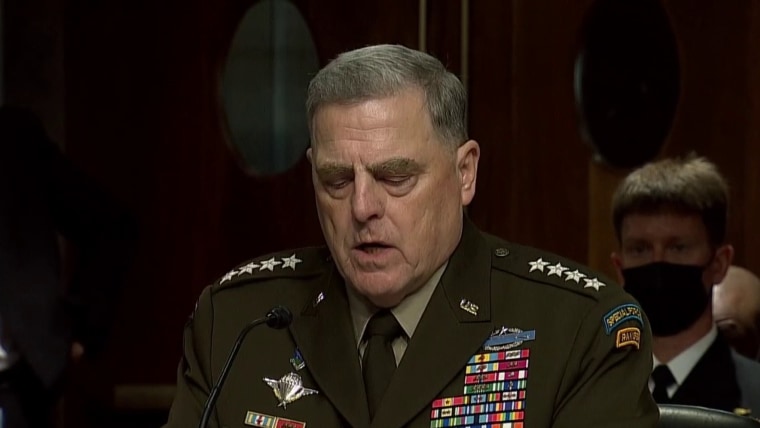
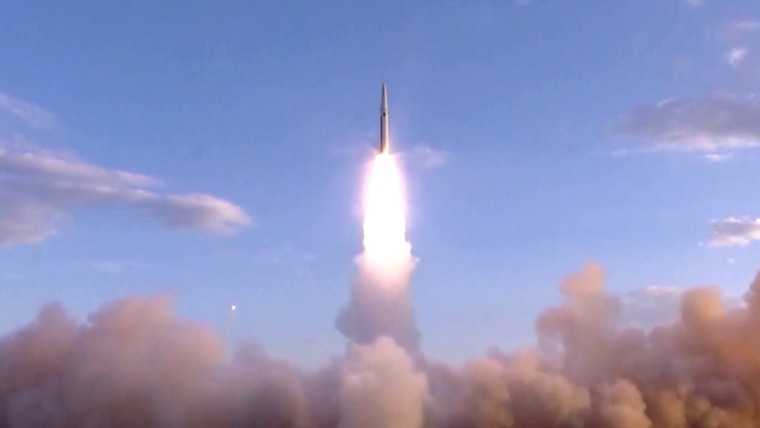

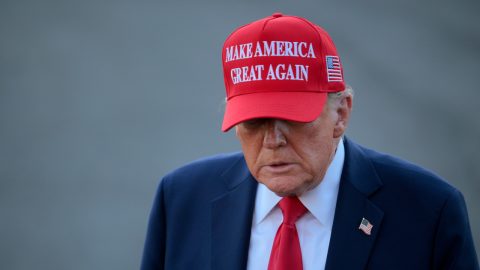



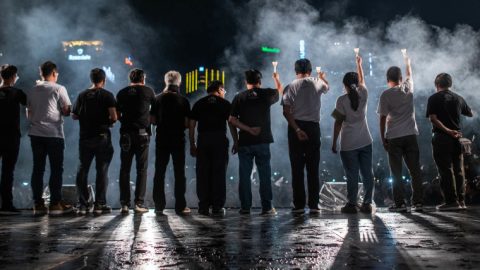
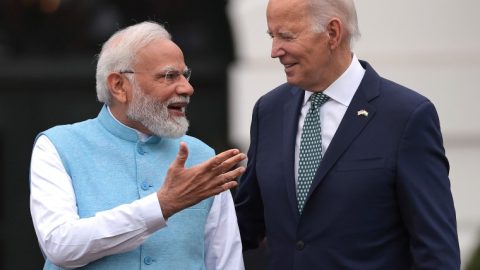
Recent Comments